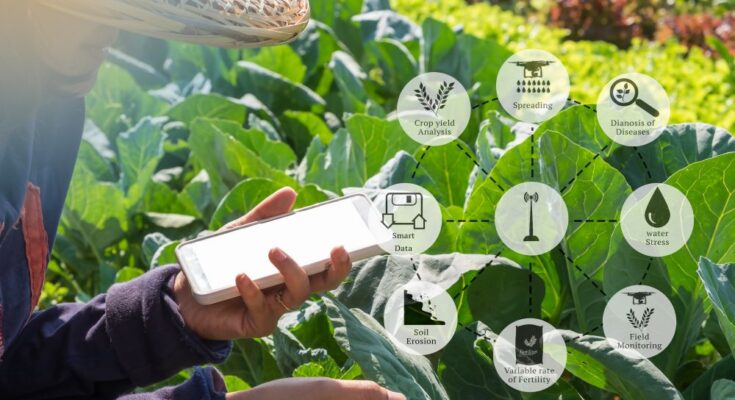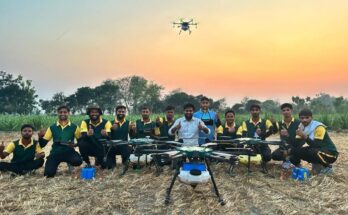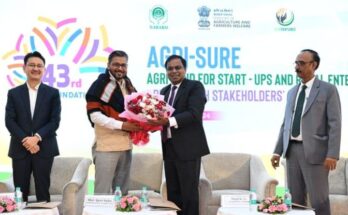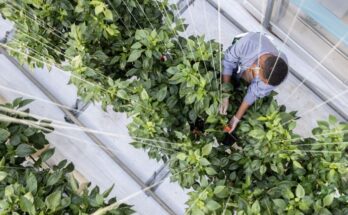The Food and Agriculture Organization of the United Nations (FAO) is hosting a high-level dialogue on the establishment of the International Platform for Digital Food and Agriculture, which would aim to advise stakeholders and drive the exchange of ideas and experiences to help everyone along the agri-food value chain harness the opportunities represented by digitalisation.
FAO Director-General QU Dongyu and FAO Chief Economist Maximo Torero will speak along with high-level panelists and guests at a dialogue including a structured question-and-answer session at a virtual event on Thursday December 3, 2020 at 16:00 CET (10:00 AM in Washington, DC)
Key Panelists
- Nikolai Astrup, Minister for Local Government and Modernisation and member of the UN Secretary-General High Level Panel for Digital Cooperation
- Atsuko Okuda, Regional Director for Asia and the Pacific, International Telecommunications Union
- Rikin Gandhi, Co-Founder and Executive Director, Digital Green
- Hendrik F. Hamann, Chief Scientist for Geoinformatics and PAIRS Geoscope, Member of the IBM Academy of Technology, IBM
- Vineet Durani, Director Agri-Food Industry, Azure Global, Microsoft Corporation
- Arianna Giuliodori, Secretary-General, World Farmers Organization
- Véronique Bellon-Maurel, Director, Digital Agriculture Convergence Lab (INRAE)
The International Platform for Digital Food and Agriculture will be a forum aimed at identifying risks and opportunities that digital technologies present for agriculture. They can make food systems more productive and contribute better to all dimensions of sustainable development, but their profound transformational potential can entail risks that would require policy makers to address.




